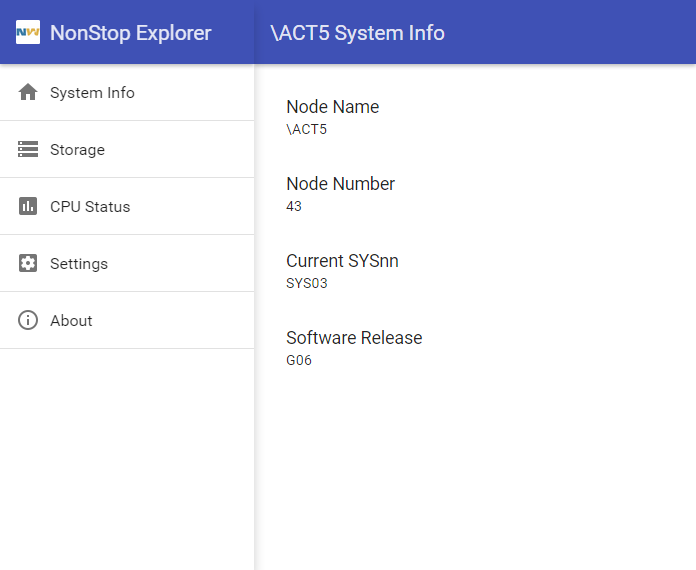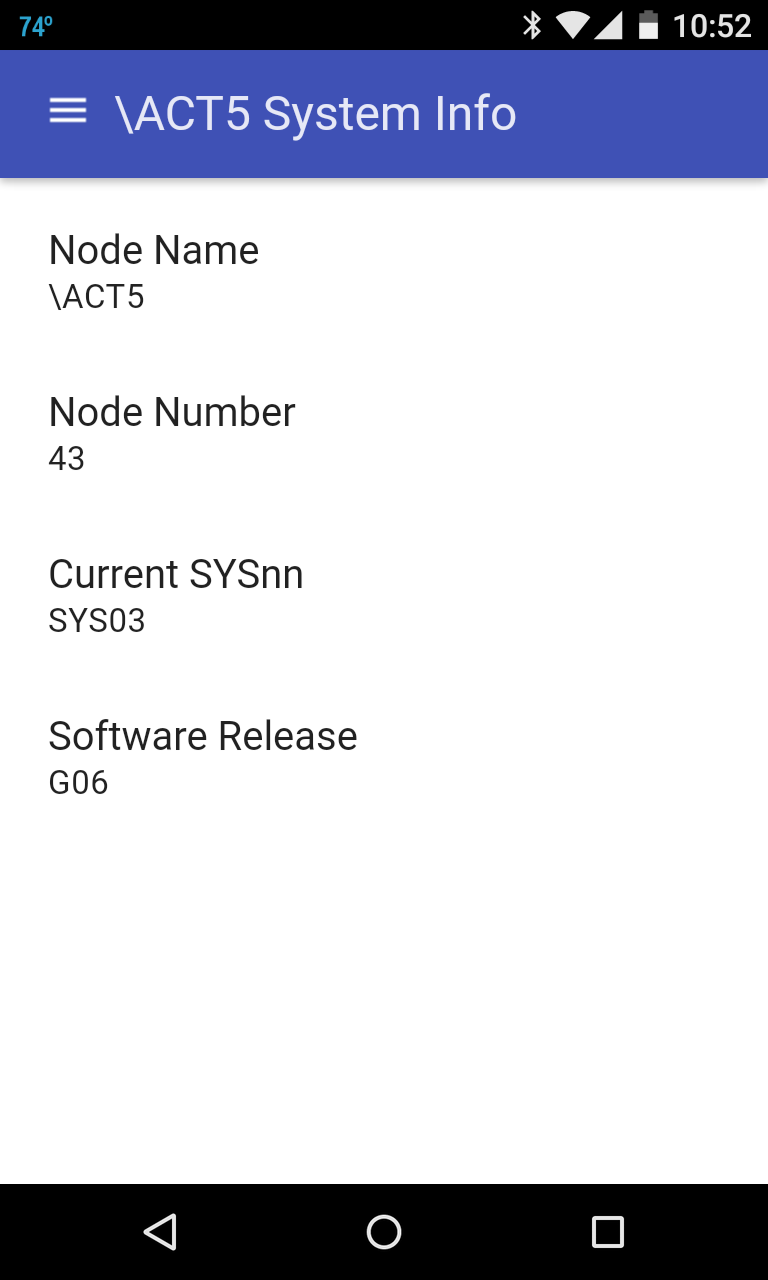LightWave Server in Action
Throughout this documentation the NonStop Explorer sample application is used to illustrate LightWave Server™ concepts and features. NonStop Explorer allows a user to connect to a remote NonStop server, browse the Guardian file system, and view CPU utilization on the server. The application is available in both browser based and Android app versions.
It's important to understand that NonStop Explorer is a sample application that uses LightWave Server, not a feature of the product. The sample consists of web and Android client applications and a NonStop Server Pathway application. The client applications exchange messages with the Pathway server, over an Internet TCP/IP connection, using LightWave Server as a bridge.
The NonStop Explorer Lite sample is a simplified implementation of the NonStop Explorer application that shows the request/response messages being used by the web and app version of NonStop Explorer.
Source code for all components of the NonStop Explorer application is available on Github.
When NonStop Explorer is launched, the System Summary panel displays information including the Node Name, Node Number, SYSnn subvol, and Software Release.
 |  |
This information is retrieved from the NonStop Explorer Pathway server via LightWave Server. The request/response exchange travels from the browser or Android device, over an Internet TCP/IP connection, to a LightWave Server instance running on a NonStop Server, to the NonStop Explorer Pathway server, and back. The following sequence occurs when the client requests the information:
The NonStop Explorer application (Android or web) issues an HTTP request to the LightWave Server process running on the NonStop Server.
The LightWave Server process, running on the NonStop, converts the request into an interprocess message (IPM) and sends it to the NonStop Explorer Pathway server.
The Pathway server fills the IPM with system information and returns it to the LightWave Server Process.
The LightWave Server process converts the IPM to an HTTP response and returns it to the NonStop Explorer application.
The application displays the information.
All LightWave Server requests follow this same basic pattern, whether the client is communicating with an application server, managing a transaction, or reading a record from a file. How the client application submits the HTTP request to LightWave Server depends on the application platform, i.e., an application written in JavaScript will submit the application differently than one written in Java, but the basic request pattern is the same for all applications.
Please feel free to try the sample application, review the source code on GitHub, or even experiment with developing your own LightWave Server client using the NonStop Explorer Pathway Application.
